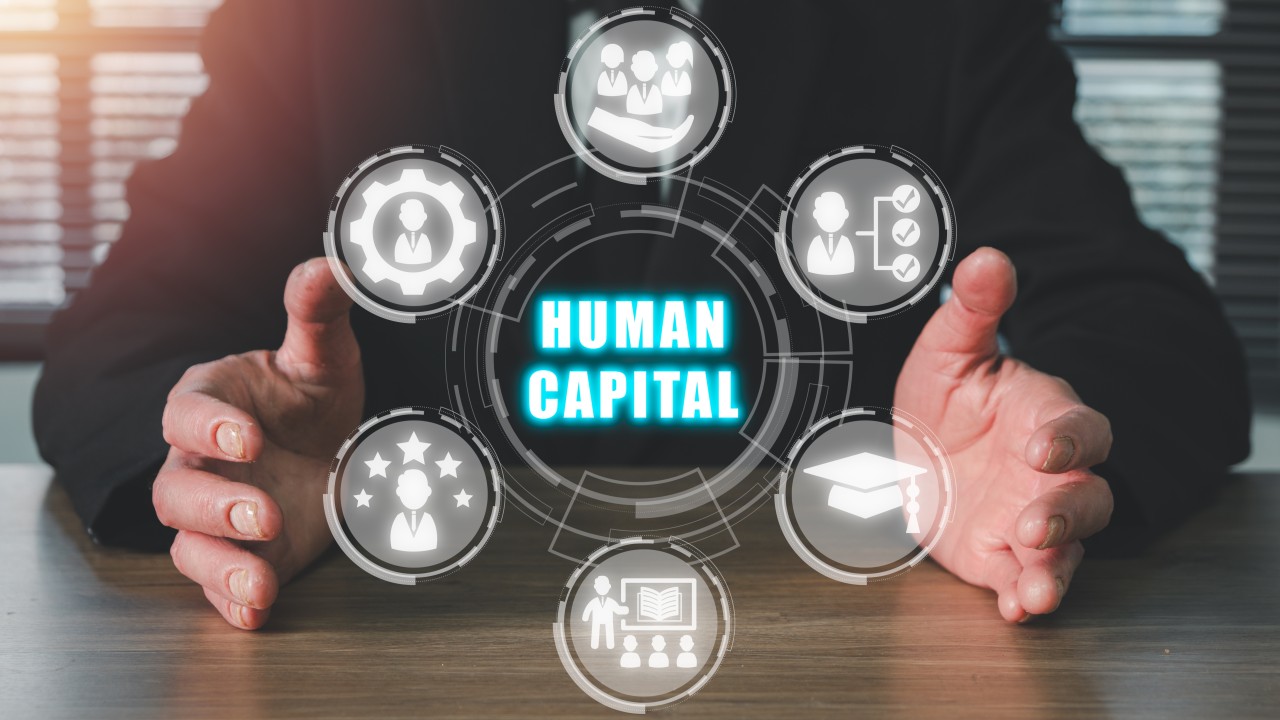It's Time to Replace Diversity, Equity, and Inclusion with Relationship Equity
In recent years, Diversity, Equity, and Inclusion (DEI) initiatives have become a cornerstone of corporate and organizational culture. These programs aim to address systemic disparities and foster environments where individuals from all walks of life can thrive. Yet, despite their noble intentions, many DEI efforts have fallen short of delivering meaningful and sustainable results. In their place, a new paradigm is emerging—one that prioritizes connection, collaboration, and the nuanced dynamics of human interaction: Relationship Equity.
The Limitations of DEI
While DEI initiatives have raised awareness about systemic inequities, they often rely on checklists, compliance-driven approaches, and surface-level representation metrics. These strategies, though well-meaning, frequently miss the deeper relational factors that drive true inclusivity. For example:
- Tokenism over Transformation: Hiring diverse candidates without fostering a culture that values their contributions can lead to feelings of isolation and disengagement.
- One-Size-Fits-All Training: Many DEI programs implement standardized workshops that fail to address the unique challenges of different teams or industries.
- Focus on Differences: By emphasizing what separates us, DEI can unintentionally reinforce divisions rather than build bridges.
The result? A growing sense of fatigue, skepticism, and, in some cases, backlash.
Enter Relationship Equity
Relationship Equity shifts the focus from abstract ideals to tangible human connections. It emphasizes the value of mutual respect, trust, and collaboration in fostering inclusive environments. Instead of merely ticking diversity boxes, Relationship Equity seeks to build ecosystems where all individuals feel seen, heard, and empowered to contribute.
Here's how Relationship Equity reframes the conversation:
- Prioritizing Authentic Connections: At its core, Relationship Equity is about building meaningful relationships that transcend superficial labels. It encourages leaders and team members to engage in open dialogue, actively listen, and invest in understanding each other's unique perspectives and experiences.
- Focusing on Shared Goals: Rather than highlighting differences, Relationship Equity centers on shared goals and collective success. When people work toward a common purpose, they naturally find ways to collaborate and value each other's contributions.
- Empowering Individuals: Relationship Equity recognizes that equity isn't just about access to opportunities but also about the quality of relationships that enable individuals to thrive. This includes mentoring, sponsorship, and creating spaces for honest feedback and growth.
- Embedding Equity in Everyday Interactions: Instead of relying on periodic training sessions, Relationship Equity encourages organizations to weave equity into their daily practices. This includes equitable decision-making, transparent communication, and fostering a culture of appreciation.
Why Relationship Equity Matters Now
The workplace is more diverse than ever, spanning multiple generations, cultures, and lived experiences. In this context, fostering genuine relationships is critical to unlocking the full potential of teams. Relationship Equity provides a framework that is both practical and adaptable, ensuring that inclusivity becomes a natural outcome of how we work together rather than a forced initiative.
Moreover, Relationship Equity aligns with the growing demand for workplaces that prioritize emotional intelligence, psychological safety, and human-centered leadership. As employees increasingly seek environments where they can bring their whole selves to work, Relationship Equity offers a pathway to creating such spaces.
How to Transition from DEI to Relationship Equity
- Prioritizing Authentic Connections: At its core, Relationship Equity is about building meaningful relationships that transcend superficial labels. It encourages leaders and team members to engage in open dialogue, actively listen, and invest in understanding each other's unique perspectives and experiences.
- Focusing on Shared Goals: Rather than highlighting differences, Relationship Equity centers on shared goals and collective success. When people work toward a common purpose, they naturally find ways to collaborate and value each other's contributions.
- Empowering Individuals: Relationship Equity recognizes that equity isn't just about access to opportunities but also about the quality of relationships that enable individuals to thrive. This includes mentoring, sponsorship, and creating spaces for honest feedback and growth.
- Embedding Equity in Everyday Interactions: Instead of relying on periodic training sessions, Relationship Equity encourages organizations to weave equity into their daily practices. This includes equitable decision-making, transparent communication, and fostering a culture of appreciation.
Conclusion
The time has come to evolve beyond traditional DEI frameworks and embrace a more relational approach to equity. Relationship Equity offers a transformative lens that prioritizes human connection, collaboration, and shared purpose. By fostering environments where relationships thrive, organizations can unlock unprecedented levels of engagement, innovation, and collective success.
Let's move beyond the limitations of DEI and build workplaces that truly value and invest in the power of human relationships. Because when relationships flourish, so does everything else.



